The mini excavator market has gained significant momentum in recent years, driven by the growing demand for efficient and versatile machinery in various sectors, including construction and landscaping. Known for their compact design and powerful performance, mini excavators are the go-to solution for tasks that require agility and precision in confined spaces. This guide provides an in-depth look at the features and benefits of mini excavators, popular brands in China, and essential considerations for shipping these machines from China to your desired location. Whether you’re a contractor looking to enhance your fleet or a business seeking to navigate the complexities of importing heavy machinery, understanding the mini excavator market and the logistics involved is crucial for success.
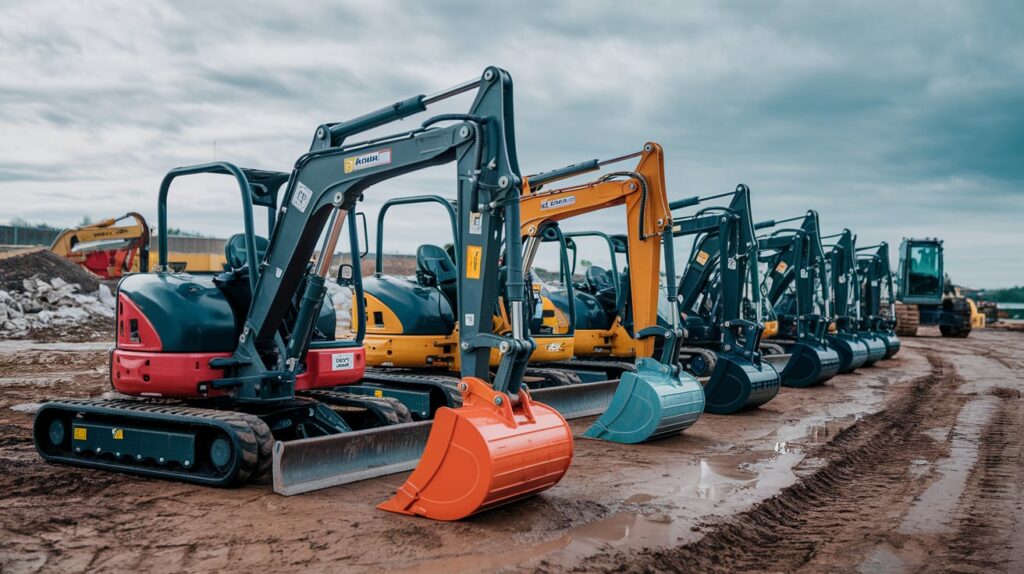
Understanding the Mini Excavator Market
Overview of Mini Excavators
Mini excavators, also known as compact excavators, are versatile machines designed for a wide range of applications, from construction projects to landscaping tasks. Their compact size allows them to operate in confined spaces while still delivering powerful performance. They typically feature a hydraulic system that enables them to perform various functions, such as digging, lifting, and grading.
Key Features of Mini Excavators
- Compact Design: With widths ranging from 30 inches to 78 inches, mini excavators are ideal for urban landscaping and small construction jobs.
- Versatility: They can be equipped with different attachments like buckets, augers, and grapples, increasing their utility across various tasks.
- Fuel Efficiency: Mini excavators are generally more fuel-efficient than their larger counterparts, helping to reduce operational costs.
- Ease of Transport: Their lightweight design allows for easier transportation, making them suitable for contractors who need to move equipment frequently.
Popular Brands and Models in China
China has emerged as a leading manufacturer of mini excavators, with several reputable brands offering a variety of models. Below is a comparison of some of the most popular brands and models available in the market.
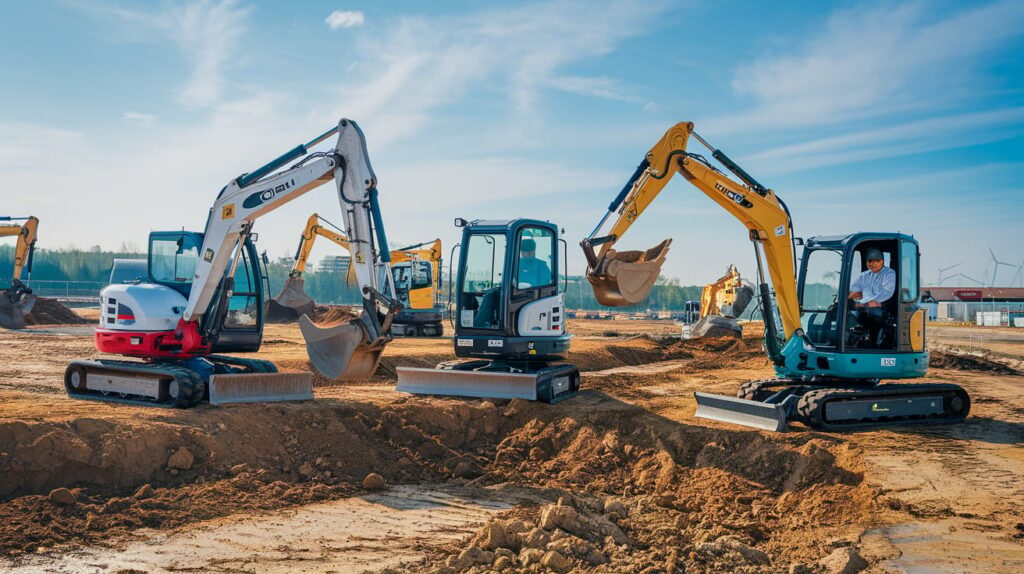
| Brand | Model | Operating Weight | Engine Power | Key Features |
|---|---|---|---|---|
| SANY | SY35U | 3,500 kg | 36 kW | Excellent stability and visibility |
| XCMG | XE35U | 3,500 kg | 35.4 kW | High digging depth and breakout force |
| Liugong | 9035E | 3,600 kg | 35 kW | Compact design, easy to operate |
| CAT | 303.5E CR | 3,500 kg | 26.9 kW | Low emissions, high performance |
| Yanmar | ViO35 | 3,500 kg | 26.8 kW | Zero tail swing, efficient hydraulics |
Each brand has unique selling points, so potential buyers should evaluate their specific needs, such as capacity requirements, operating conditions, and budget constraints.
Shipping Options for Mini Excavators from China to Houston
When importing mini excavators from China, understanding the various shipping options available is crucial for ensuring timely and cost-effective transport. Two primary modes of transportation are commonly used for shipping these heavy machines: sea freight and air freight.
Sea Freight vs. Air Freight
Sea Freight
Advantages:
- Cost-effective: Sea freight is generally more economical for large and heavy items, such as mini excavators.
- Large Capacity: Vessels can accommodate multiple units, making it a viable option for bulk shipments.
Disadvantages:
- Longer Transit Times: Shipping via sea typically takes longer than air freight, which might delay project timelines.
Air Freight
Advantages:
- Speed: Air freight is considerably faster, with shipments reaching their destination within days.
- Lower Risk of Damage: Air transport usually results in less handling, minimizing the likelihood of damage to machinery.
Disadvantages:
- Higher Costs: Shipping via air is significantly more expensive, especially for heavy items like mini excavators.
Given these factors, businesses must weigh their need for speed against budget constraints when choosing between sea freight and air freight.
Container Sizes and Costs
Shipping mini excavators typically requires specific container sizes. Below is a breakdown of common container types used for transporting heavy machinery:
| Container Type | Dimensions (L x W x H) | Max Payload | Approx. Shipping Cost (USD) |
|---|---|---|---|
| 20-ft Container | 20′ x 8′ x 8.5′ | 30,000 lbs | $1,500 – $2,500 |
| 40-ft Container | 40′ x 8′ x 8.5′ | 60,000 lbs | $2,500 – $4,000 |
The choice of container will depend on the weight and dimensions of the mini excavator, as well as the volume of additional equipment or materials being shipped.
Estimated Shipping Times from China to Houston
The estimated shipping times for mini excavators from China to Houston can vary depending on the chosen mode of transport. Here’s an overview:
| Shipping Method | Estimated Time to Houston |
|---|---|
| Sea Freight | 20 – 30 days |
| Air Freight | 5 – 10 days |
Note: These estimates are subject to change based on factors such as weather conditions, port congestion, and customs clearance procedures.
Importing mini excavators from China can significantly benefit businesses engaged in construction and landscaping. To facilitate a smooth shipping process, partnering with a reliable freight forwarder such as Dantful International Logistics can simplify logistics and offer tailored solutions, including Customs Clearance and Insurance Services. With their expertise, you can ensure a hassle-free experience and focus on growing your business.
Read More:
- Shipping From China to the United States
- Shipping From China TO CANADA
- Shipping From China To Netherlands
- Shipping From China To UNITED KINGDOM
- Shipping From China To ALGERIA
- Shipping from China to UAE
- Shipping from China to Saudi Arabia
Step-by-Step Guide to Shipping a Mini Excavator
Shipping a mini excavator from China requires careful planning and execution to ensure a smooth process. This guide outlines the critical steps involved in successfully transporting a mini excavator, providing detailed information on selecting a freight forwarder, preparing necessary documentation, and navigating customs clearance.
Step 1: Selecting a Reliable Freight Forwarder
Choosing the right freight forwarder is one of the most important steps in the shipping process. A knowledgeable and experienced freight forwarder will simplify logistics and help you navigate international shipping complexities. Here are key factors to consider when selecting a freight forwarder:
Experience: Look for freight forwarders with a proven track record in shipping heavy machinery, particularly mini excavators. Companies like Dantful International Logistics specialize in such shipments and offer tailored solutions.
Network: A freight forwarder with a robust network of shipping lines and agents can provide multiple options for shipping routes and methods, ensuring flexibility in your logistics plan.
Services Offered: Consider whether the freight forwarder provides comprehensive services, including Customs Clearance, Insurance Services, and Warehouse Services. This can save you time and effort by consolidating your logistics needs with a single provider.
Reputation: Research customer reviews and testimonials to assess the reliability and quality of service of potential freight forwarders.
By selecting a reputable freight forwarder, you can significantly reduce the stress of the shipping process and ensure that your mini excavator arrives safely and on time.
Step 2: Preparing Necessary Documentation
An essential part of shipping a mini excavator involves preparing the required documentation. Accurate and complete documentation is crucial for smooth transportation and customs clearance. The following documents are typically required:
Bill of Lading
The Bill of Lading (BOL) serves as a contract between the shipper and the carrier. It outlines the details of the shipment, including:
- Description of the mini excavator (make, model, weight)
- Origin and destination addresses
- Shipping terms (incoterms)
- Names of the shipper and consignee
Ensure that all information on the BOL is accurate to avoid delays in shipping and customs clearance.
Invoice from Seller
An invoice from the seller is necessary for customs purposes and serves as proof of purchase. The invoice should contain:
- Seller’s details (name, address, contact information)
- Buyer’s details (name, address)
- Description of the mini excavator
- Quantity and price
- Payment terms
Providing a clear and detailed invoice will assist customs officials in determining duties and taxes.
EPA Compliance Certification
For mini excavators being imported into the United States, an EPA Compliance Certification may be required to ensure that the equipment meets environmental regulations. This certification confirms that the machinery adheres to the standards set by the Environmental Protection Agency (EPA) and is crucial for passing customs inspections.
Customs Clearance Process
Successfully shipping your mini excavator also hinges on navigating the customs clearance process. Understanding import duties and tariffs, the role of customs brokers, and preparing for customs inspections will ensure that your shipment is processed efficiently.
Understanding Import Duties and Tariffs
Import duties and tariffs are taxes imposed on goods brought into a country. They are calculated based on the value of the mini excavator and its classification under the Harmonized System (HS) code. Familiarize yourself with the applicable duties and tariffs before shipping to avoid unexpected costs.
Harmonized System Codes: Ensure that you use the correct HS codes when declaring your mini excavator. This classification affects the rate of duty applied.
Duties and Taxes: Be prepared to pay any associated import duties and taxes as part of the customs clearance process. These costs can vary based on the value and type of machinery.
Role of Customs Brokers
Customs brokers act as intermediaries between importers and customs authorities. They are critical in ensuring that all paperwork is completed accurately and submitted on time. Working with a customs broker can simplify the process, as they have the expertise to guide you through the complexities of customs regulations.
Filing Documentation: Customs brokers prepare and file the necessary documentation for customs clearance, including the Bill of Lading, invoice, and EPA compliance certification.
Communication with Customs: They handle communication with customs officials, addressing any inquiries or issues that may arise during the clearance process.
Preparing for Customs Inspections
Customs inspections are routine checks conducted by customs officials to ensure compliance with regulations. Preparation is key to ensuring a smooth inspection process:
Organize Documentation: Ensure all required documents are easily accessible and organized for presentation during the inspection.
Condition of Equipment: Make sure the mini excavator is clean and in good condition. Customs may inspect the equipment for compliance with local laws and regulations.
Be Transparent: Provide accurate information and be prepared to answer questions regarding the shipment. Transparency will help build trust with customs officials.
By following this step-by-step guide, you can streamline the process of shipping a mini excavator from China to your desired location. Enlisting the help of experienced logistics partners like Dantful International Logistics, which provides one-stop international logistics services, can help ensure a hassle-free shipping experience, allowing you to focus on utilizing your new equipment efficiently.
Cost Breakdown for Shipping a Mini Excavator
When importing a mini excavator, understanding the complete cost structure is essential for effective budgeting. A thorough cost breakdown helps businesses prepare financially and avoid unexpected expenses. This section outlines the various costs associated with shipping a mini excavator from China, including shipping charges, additional fees, and budgeting for contingencies.
Shipping Costs Overview
Shipping costs can vary widely depending on various factors such as the shipping method, size of the excavator, and destination. Generally, these costs can be categorized into sea freight charges and additional fees that accompany the shipping process.
Sea Freight Charges
Sea freight charges typically make up the largest portion of the shipping costs when transporting heavy machinery like mini excavators. These charges depend on several variables, including:
- Container Type: As discussed previously, mini excavators are usually shipped in either 20-ft or 40-ft containers. The choice affects the total shipping cost. Here’s a brief overview:
| Container Size | Approx. Cost (USD) |
|---|---|
| 20-ft Container | $1,500 – $2,500 |
| 40-ft Container | $2,500 – $4,000 |
Shipping Line: Different shipping lines may have different rates. It is advisable to compare rates among various freight forwarders to get the best deal.
Route and Transit Time: Costs can also vary based on the shipping route and estimated transit time. Longer routes or those requiring transshipment can increase costs.
Seasonality: Shipping costs may fluctuate based on demand during peak seasons. It’s crucial to monitor market trends to make informed decisions.
Additional Fees
In addition to sea freight charges, there are several additional fees that should be accounted for when shipping a mini excavator.
- Customs Duties and Taxes: Import duties and taxes can significantly impact your overall costs. These are calculated based on the value of the machinery and applicable tariffs, which can vary by country. For example:
| Country | Estimated Duty Rate (%) | Additional Taxes |
|---|---|---|
| USA | 2.5 – 5.0 | State taxes may apply |
| EU | 6.0 – 12.0 | VAT varies by country |
| Australia | 5.0 | GST applicable |
Insurance Costs: Shipping insurance protects against potential damages during transit and is a wise investment for heavy machinery. Insurance costs can range from 1% to 3% of the total shipment value.
Freight Forwarder Fees: Freight forwarders may charge fees for their services, including document preparation and logistics management. These fees can vary based on the complexity of the shipment.
Port Handling Fees: Charges for loading, unloading, and handling the equipment at ports can add to your overall shipping costs.
Budgeting for Unexpected Expenses
It is prudent to allocate a portion of your budget for unexpected expenses. These could include:
Delays: Shipping delays can lead to increased costs, especially if there are hold-ups due to customs inspections or bad weather.
Additional Documentation: In the event of missing or additional documentation requirements, costs can increase significantly due to administrative fees.
Equipment Damage: Accidental damage during transit may incur repair costs. Insurance can mitigate this risk, but it’s essential to factor potential deductibles into your budget.
By thoroughly understanding shipping costs and preparing for additional fees, businesses can develop a comprehensive budget that accounts for all potential expenses associated with importing a mini excavator.
Best Practices for Importing Heavy Machinery
Importing heavy machinery such as mini excavators involves navigating complex regulations and ensuring compliance with various standards. Following best practices can significantly enhance the process and mitigate risks.
Ensuring Compliance with EPA Regulations
Compliance with Environmental Protection Agency (EPA) regulations is crucial when importing machinery into the United States. Here are some steps to ensure adherence:
Obtain Necessary Certifications: Ensure that the mini excavator has an EPA compliance certificate, indicating it meets emission standards.
Documentation: Maintain accurate documentation throughout the import process, including invoices and compliance certifications, to facilitate smoother customs clearance.
Tips for Efficient Logistics Management
Efficient logistics management is vital for successful importation. Consider the following tips:
Use Technology: Leverage logistics management software to track shipping progress, manage inventory, and optimize routes.
Communicate with Partners: Maintain open communication with freight forwarders, customs brokers, and suppliers to stay informed about any changes that may affect shipping schedules.
Plan Ahead: Create a detailed shipping timeline, including key milestones and deadlines, to ensure all parties are aligned and prepared for the shipment.
Common Pitfalls to Avoid During Importation
Being aware of common pitfalls can help businesses avoid costly mistakes during the importation process:
Neglecting Compliance Requirements: Failing to comply with EPA regulations can result in shipment delays or even forfeiture of the equipment.
Underestimating Costs: Businesses should conduct comprehensive research to avoid miscalculating shipping costs, which can lead to financial strain.
Ignoring Insurance Needs: Skipping insurance may save money initially but can result in significant losses in the event of damage or loss during transit.
By adhering to these best practices and being proactive in logistics management, companies can navigate the challenges of importing heavy machinery more effectively. Partnering with experienced logistics providers like Dantful International Logistics can further streamline the process, ensuring that your mini excavator arrives safely and efficiently at its destination. For expert assistance, visit Dantful Logistics.

Young Chiu is a seasoned logistics expert with over 15 years of experience in international freight forwarding and supply chain management. As CEO of Dantful International Logistics, Young is dedicated to providing valuable insights and practical advice to businesses navigating the complexities of global shipping.

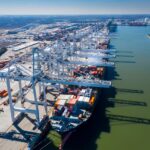



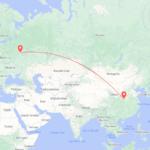

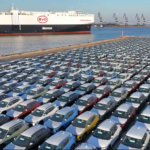


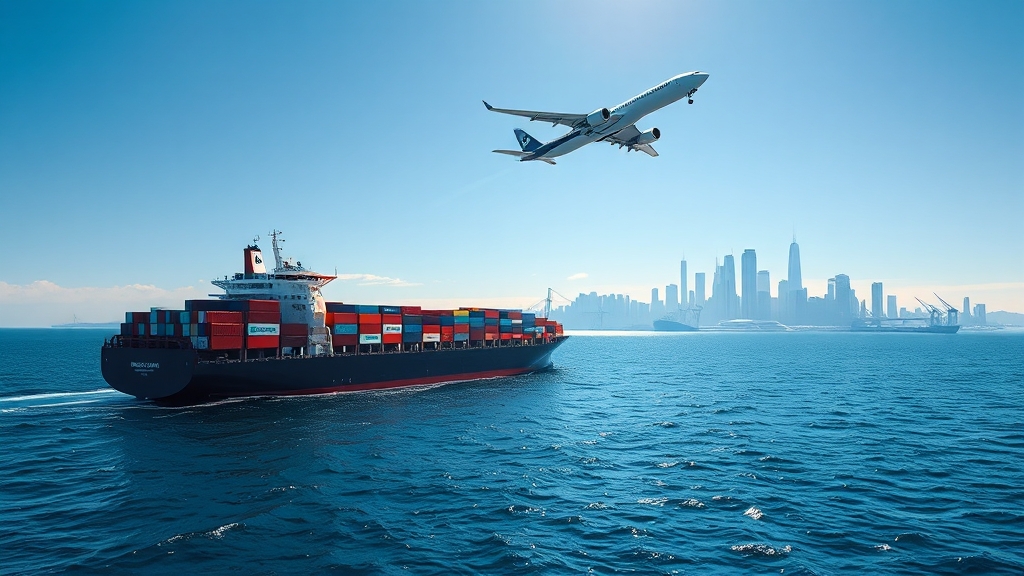
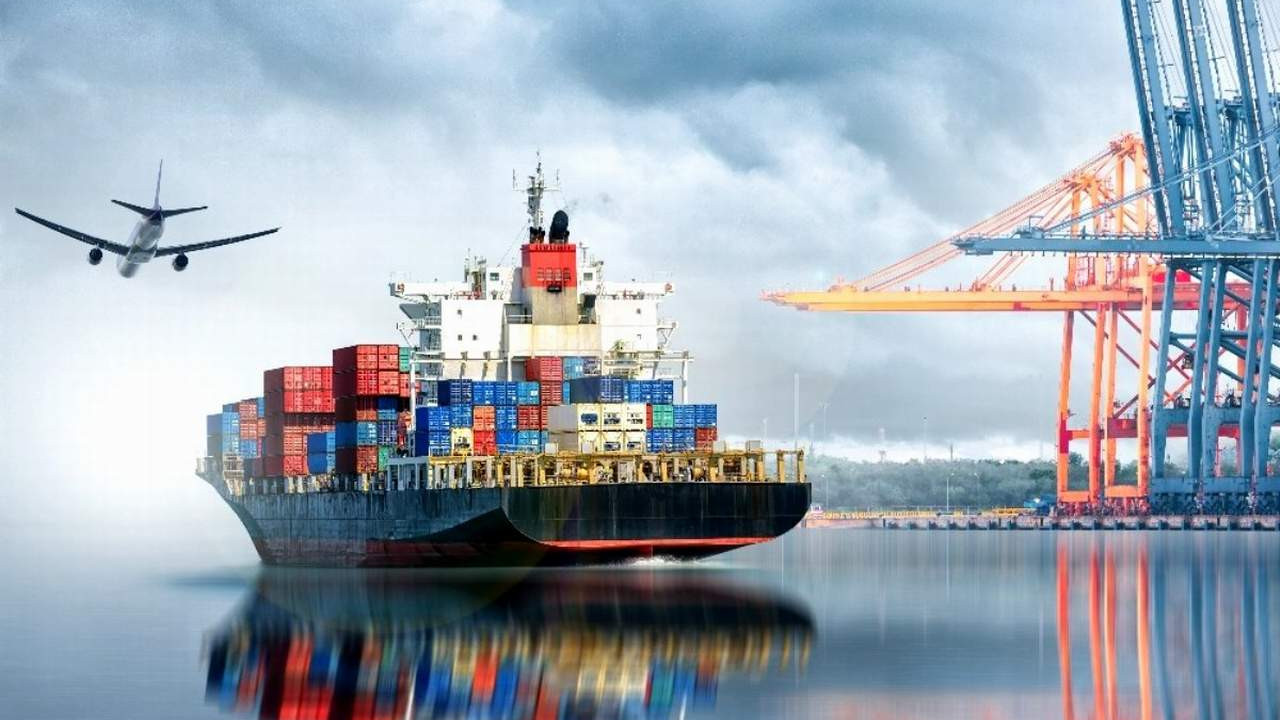
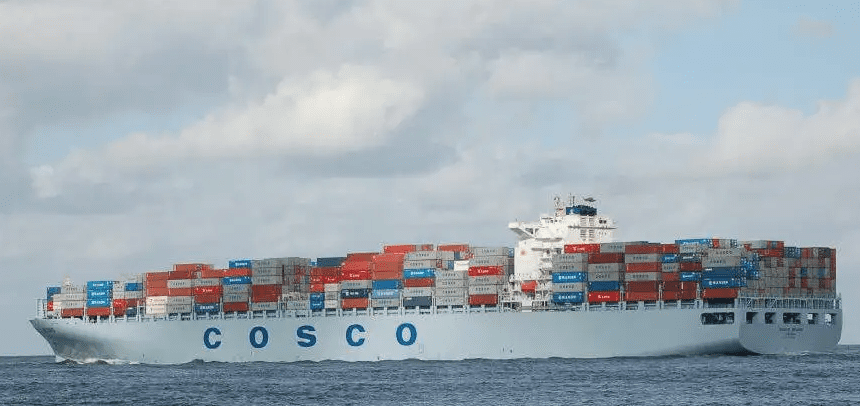
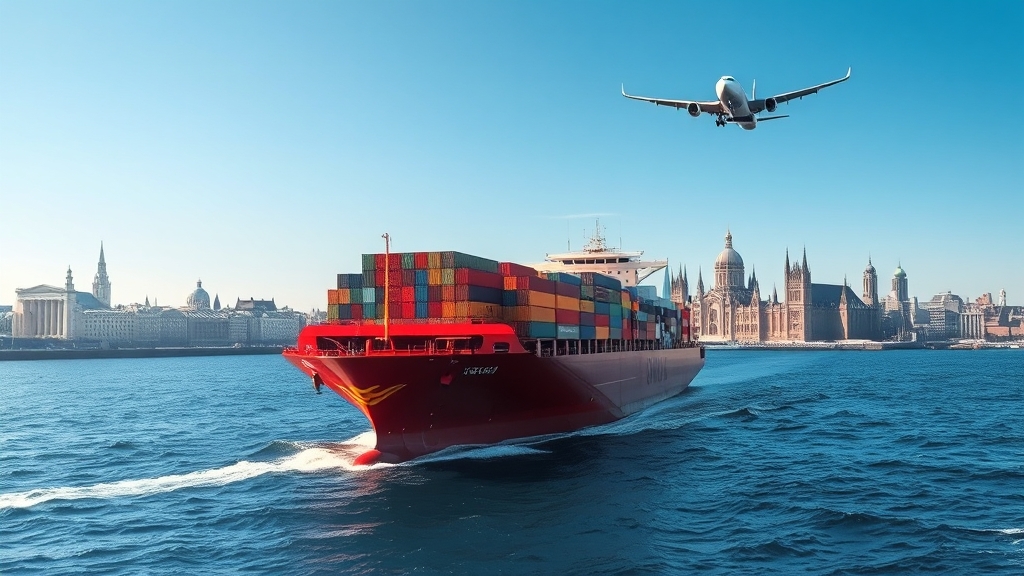
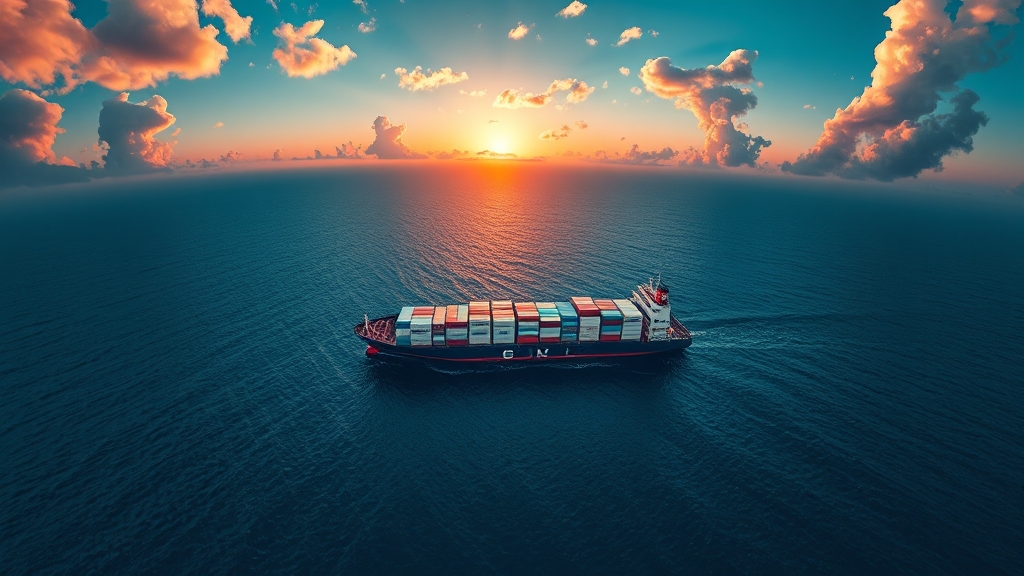





 Afrikaans
Afrikaans Shqip
Shqip አማርኛ
አማርኛ العربية
العربية Հայերեն
Հայերեն Azərbaycan dili
Azərbaycan dili Euskara
Euskara Беларуская мова
Беларуская мова বাংলা
বাংলা Bosanski
Bosanski Български
Български Català
Català Cebuano
Cebuano Chichewa
Chichewa 简体中文
简体中文 繁體中文
繁體中文 Corsu
Corsu Hrvatski
Hrvatski Čeština
Čeština Dansk
Dansk Nederlands
Nederlands English
English Esperanto
Esperanto Eesti
Eesti Filipino
Filipino Suomi
Suomi Français
Français Galego
Galego ქართული
ქართული Deutsch
Deutsch Ελληνικά
Ελληνικά Kreyol ayisyen
Kreyol ayisyen Harshen Hausa
Harshen Hausa Ōlelo Hawaiʻi
Ōlelo Hawaiʻi עִבְרִית
עִבְרִית हिन्दी
हिन्दी Hmong
Hmong Magyar
Magyar Íslenska
Íslenska Igbo
Igbo Bahasa Indonesia
Bahasa Indonesia Gaeilge
Gaeilge Italiano
Italiano 日本語
日本語 Basa Jawa
Basa Jawa ಕನ್ನಡ
ಕನ್ನಡ Қазақ тілі
Қазақ тілі ភាសាខ្មែរ
ភាសាខ្មែរ 한국어
한국어 كوردی
كوردی Кыргызча
Кыргызча ພາສາລາວ
ພາສາລາວ Latin
Latin Latviešu valoda
Latviešu valoda Lietuvių kalba
Lietuvių kalba Lëtzebuergesch
Lëtzebuergesch Македонски јазик
Македонски јазик Malagasy
Malagasy Bahasa Melayu
Bahasa Melayu മലയാളം
മലയാളം Maltese
Maltese Te Reo Māori
Te Reo Māori मराठी
मराठी Монгол
Монгол ဗမာစာ
ဗမာစာ नेपाली
नेपाली Norsk bokmål
Norsk bokmål پښتو
پښتو فارسی
فارسی Polski
Polski Português
Português ਪੰਜਾਬੀ
ਪੰਜਾਬੀ Română
Română Русский
Русский Samoan
Samoan Gàidhlig
Gàidhlig Српски језик
Српски језик Sesotho
Sesotho Shona
Shona سنڌي
سنڌي සිංහල
සිංහල Slovenčina
Slovenčina Slovenščina
Slovenščina Afsoomaali
Afsoomaali Español
Español Basa Sunda
Basa Sunda Kiswahili
Kiswahili Svenska
Svenska Тоҷикӣ
Тоҷикӣ தமிழ்
தமிழ் తెలుగు
తెలుగు ไทย
ไทย Türkçe
Türkçe Українська
Українська اردو
اردو O‘zbekcha
O‘zbekcha Tiếng Việt
Tiếng Việt Cymraeg
Cymraeg יידיש
יידיש Yorùbá
Yorùbá Zulu
Zulu